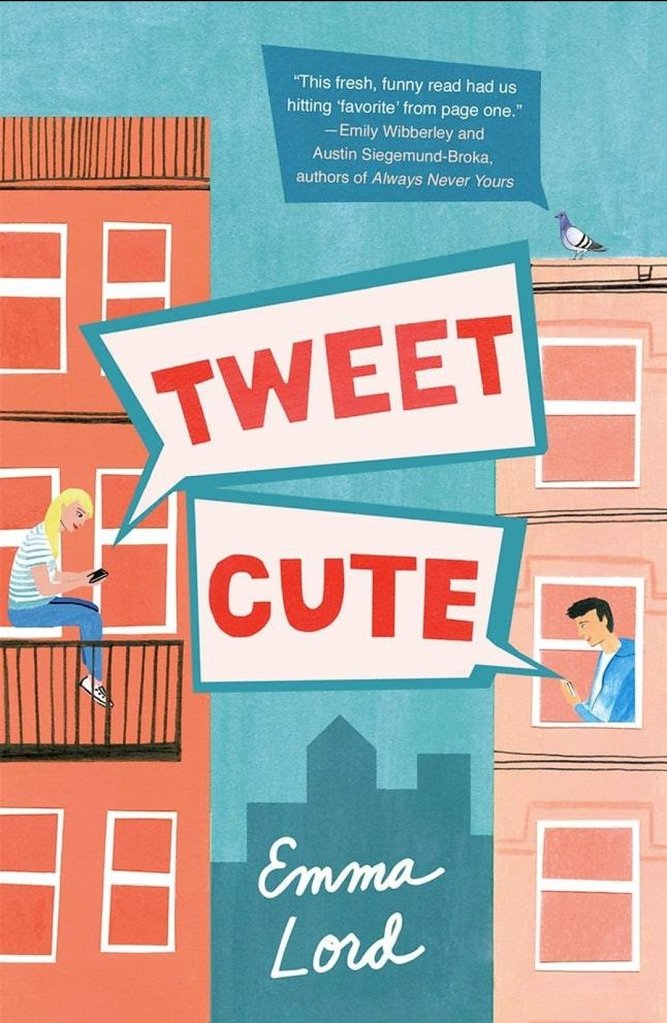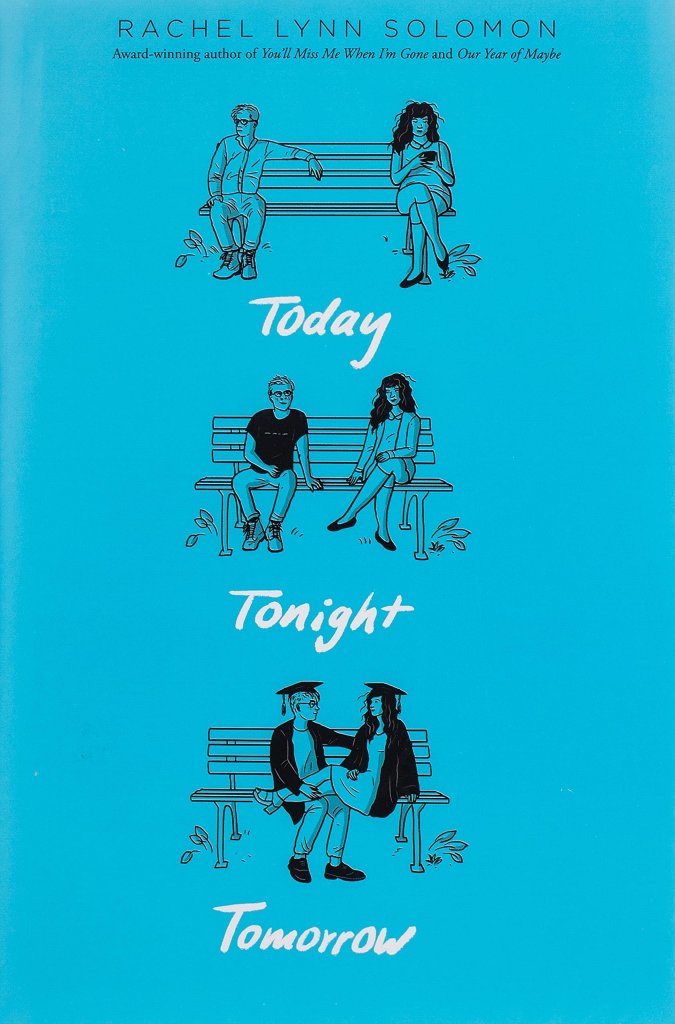Who says Young Adult Romance books are all about love? This genre is somewhat the punching bag of literature, looked down upon by those who think that romance does little to no contribution to an individual’s intellect. But contrary to popular belief, books under this genre are not all about overtly sweet lovers and overused plots. In this blog article, I share meaningful sentences from YA romance books I’ve read: I state their implications in the books first and then give my own interpretations about them concerning real-life situations.
Tweet Cute

Hundreds and hundreds of hours and sweat and chlorine-bleached hair and occasional tears, all reduced to a few printed words.
In the book, this referred to the fact that high school students get into their swimming team, train, and compete which all trickle down to one thing: a line or a few lines they can put in their college applications.
In real life, this applies to every student—not just those who engage in extracurricular activities for extra credits. Students spend sleepless nights and study countless hours to achieve good grades. All these boil down to a piece of paper, their report cards with a few printed numbers. Of course, studying hard is valuable and the lessons learned can be useful in the future. But sadly, there are students who prioritize their academic performance over their well-being. They lose sight of the fact that nurturing their emotional, social, and psychological well-being is just as important as their intellectual endeavors. In simpler terms, students must learn to put their health first and have a good balance of things in their lives.
Today Tonight Tomorrow

The things that mattered to us for the past four years will shift and evolve, and I imagine they’ll keep doing that forever. It’s terrifying.
In the book, Rowan just graduated high school and realizes that life won’t be the same as it has been for the past few years. At first, she is saddened by things she didn’t achieve such as becoming a salutatorian instead of valedictorian. But later on, she is faced with the truth that those things that mattered to her for so long would no longer be. The thought of change was daunting— she knew things would keep on changing, and it scared her.
In real life, we say ‘that’s life’ and ‘there’s nothing permanent in this world but change’. Navigating our lives that constantly experience change is difficult, especially if we find ourselves attached to specific things that we suddenly have to let go of. Change can be terrifying. But life will be not as bad and hard as we make it to be if we learn to embrace change. It’s best if we become accepting of what constitutes our “now” and treasure it when it becomes our “then”. Life will be okay as long as we learn to enjoy ourselves.
By the Book

Remorse forces us to take a hard look at ourselves. It gives us the strength to grow, and the courage to do the right thing next time—or at least try.
In the book, Mary makes the mistake of allowing her friends to think that she was coerced by Alex in the kiss they shared. She has always labeled herself as a book-smart person and was wary of committing the stupid things that people are not supposed to do. Hence, she feels the absolute worst about the situation and talks to her parents about it. Her mom shared the brilliant words stated above, and it tells Mary as well as the readers that the feeling of guilt makes us reflect on ourselves. Consequently, repentance strengthens us to improve and allows us to become brave enough to not make the same mistake the next time. Or well, maybe, to do our utmost in trying not to do so.
In real life, humans make mistakes all the time. It’s the nature of our existence, to err. No matter how hard we plan and wish to, we cannot live faultless lives. What we need to do is to face our fallibility and own up to our mistakes when we make them. If we admit to ourselves that we are in the wrong, it will help us to examine ourselves which is essential for our personality development. After ruminating over our mistakes, we establish the drive to do what is right. The cycle of committing mistakes and regretting them will happen repeatedly, all we can do is learn from each one and do our best in not committing them twice.


You must be logged in to post a comment.